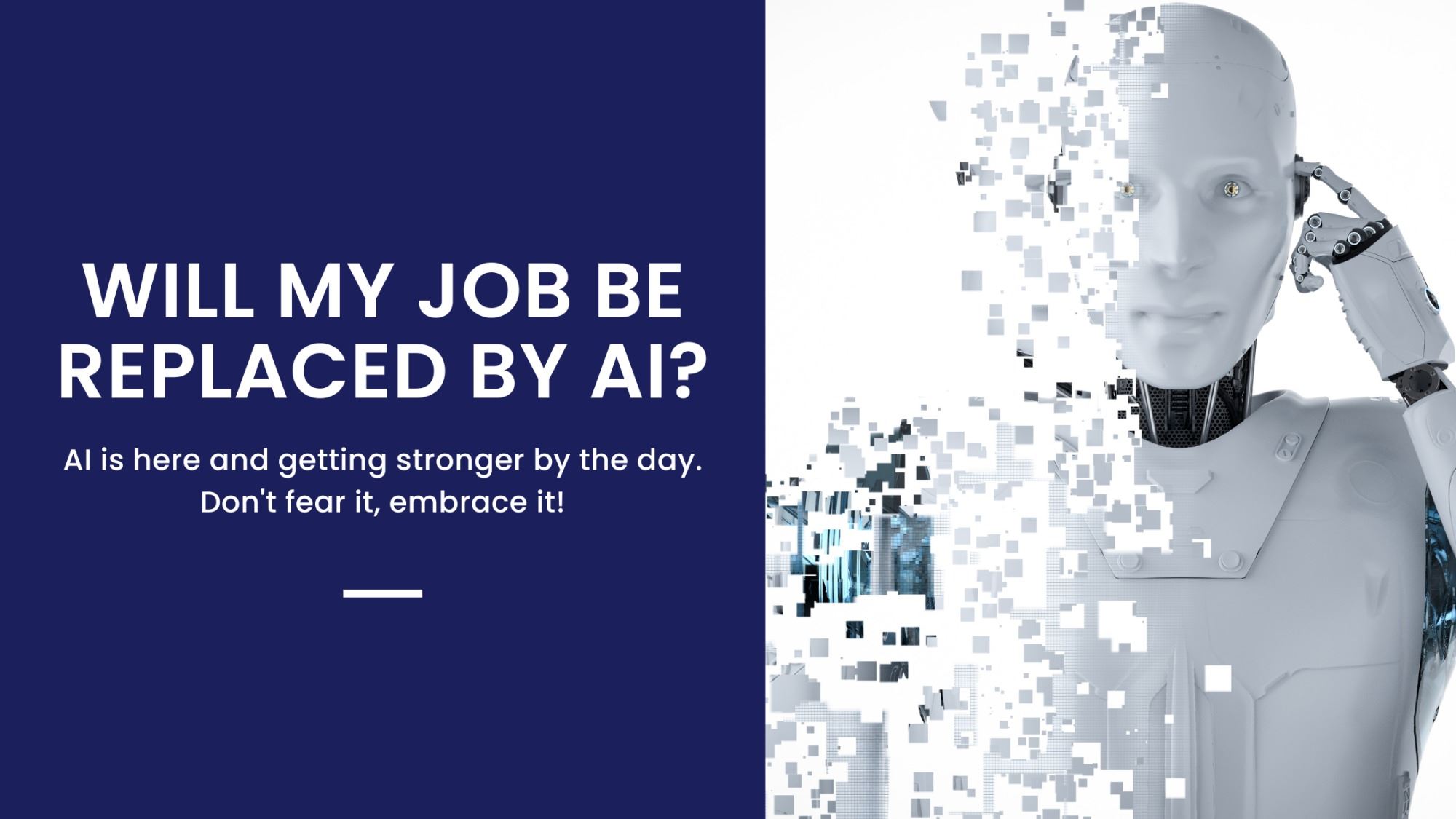Artificial intelligence (AI) has transformed the way businesses operate in recent years. With the ability to process vast amounts of data and provide valuable insights, AI has become an essential tool for businesses to stay competitive. One area where AI has made a significant impact is in sales. AI technology can help salespeople be more efficient, effective, and ultimately, more successful. In this blog post, we’ll explore how salespeople can use AI to be better at their jobs.
Personalization One of the keys to successful sales is personalization. By tailoring your approach to each individual customer, you can increase your chances of making a sale. However, manually personalizing every interaction with a potential customer can be time-consuming and challenging. This is where AI comes in. AI-powered tools can analyze customer data, such as their purchase history and preferences, to create personalized recommendations and messages.
At Sandler we utilize DISC assessments in almost every training program. DISC allows you to understand how you are perceived by others and adapt your own conversations based on the style of the person you are talking with. A new AI tool, Crystal Knows, has recently launched that helps you determine the DISC style of the person you're talking to by analyzing their social posts, emails, and posts written about them. While we are all capable of determining someones DISC style, this tool saves you time and allows you to assess their style before your first interactions, increasing your chance of success. This is a great example of how AI can help you, if you embrace it.
Lead Scoring Lead scoring is the process of ranking leads based on their likelihood of becoming a customer. It allows sales teams to focus their efforts on leads that are most likely to convert, rather than wasting time on those who are unlikely to buy. AI-powered lead scoring tools can analyze customer data, such as their behavior on your website, to determine their level of interest in your product or service. This information can then be used to prioritize leads and focus your sales efforts on those with the highest potential.
Predictive Analytics Predictive analytics is the use of data, statistical algorithms, and machine learning techniques to identify the likelihood of future outcomes based on historical data. In sales, predictive analytics can be used to identify which customers are most likely to make a purchase in the future. By using AI-powered predictive analytics tools, sales teams can better target their efforts, resulting in increased efficiency and higher conversion rates.
Chatbots Chatbots are computer programs that simulate conversation with human users. In sales, chatbots can be used to answer common customer questions and provide support, freeing up sales teams to focus on more complex tasks. Chatbots can also analyze customer data, such as their purchase history and browsing behavior, to provide personalized recommendations and assistance. The bot screens the chat and determines when it's time for a human to interact, if needed. There are countless interactions handled solely by AI allowing the humans who respond more time to focus on the conversations that really need their help.
Sales Forecasting Sales forecasting is the process of estimating future sales. It allows sales teams to plan and allocate resources more effectively. AI-powered sales forecasting tools can analyze historical sales data, market trends, and other factors to provide accurate predictions of future sales. By using AI to forecast sales, sales teams can make better decisions about how to allocate resources and adjust their strategies accordingly.
AI technology can provide sales teams with valuable insights, allowing them to be more efficient, effective, and successful. By using AI-powered tools for personalization, lead scoring, predictive analytics, chatbots, and sales forecasting, salespeople can improve their performance and increase their chances of success. As AI technology continues to evolve, it will undoubtedly play an increasingly important role in sales and other areas of business. It's up to you to determine how you want to leverage this in your role. Our advice, embrace it before it embraces you.
Contacteer ons vandaag!
Vul het formulier hieronder in.

Kevin Hallenbeck is a Principal of Sandler, a national consulting firm specializing in business development strategies, sales and sales management training. Kevin holds both a B.S. and an M.S. in Engineering. He lives with his wife, Diane, and their five children in Bedford, New Hampshire. Kevin is active in church, community and professional organizations.





.0000000000000.png)
